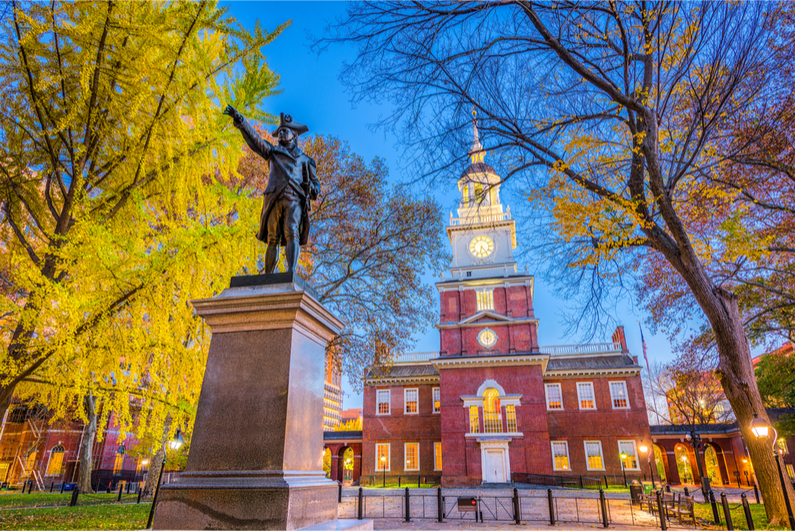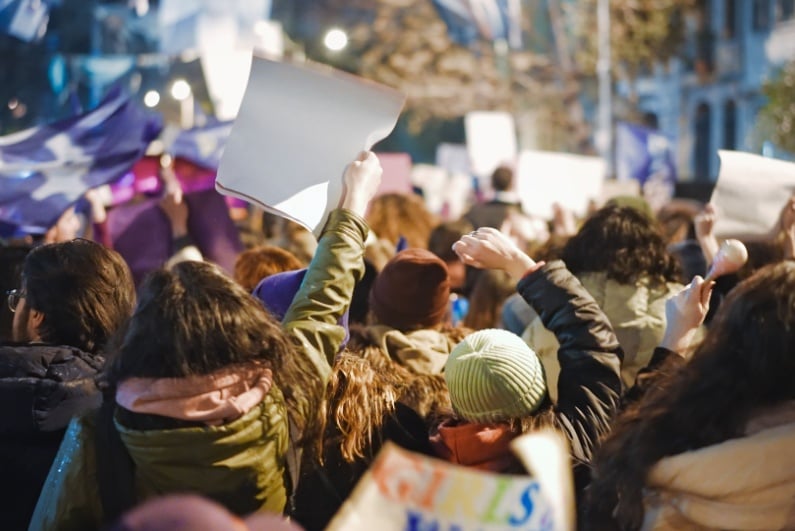30-second summary:
- Sports betting revenues in Pennsylvania fell by 25% in February
- This despite being the first full month of operations for the six open sportsbooks
- Plans to legalize mobile sports betting in 2019 will likely be a catalyst for more significant revenues
- Pennsylvania’s casino sector is still going from strength to strength, hitting record highs
Significant drop in revenues
Pennsylvania saw a significant drop in sports betting revenues for February 2019. There was a fall of 25.4% in comparison with January figures as per the recent Pennsylvania Gaming Control Board figures.
Currently, six different sportsbooks are operating in the state. They saw profits of $1.95m for the month, compared with $2.6m that was seen in January.
It was also the first full month period in which each of the six sportsbooks was fully operational. It was only in January that Harrah’s Philadelphia, Parx South Philadelphia Turf Club and the Parx Casino sportsbooks all launched. Thus there were only partial revenues in January.
The total intake of sports bets in Pennsylvania in February was $31.5m, an increase of 1.6% compared with January. With all sportsbooks in operation in February, as well as the Super Bowl taking place, there will be disappointment about this relatively low intake.
Historically, the Super Bowl is the most popular event in the United States for sports betting. The sportsbook with the best performance in the month was the Rivers Casino, which is in Philadelphia. Its revenue figures were $627,000.
The Hollywood Casino sportsbook at the Penn National Racetrack had revenues of under $14,000. In terms of total intake, the South Philadelphia race track had an intake of only $2.6m for its sportsbook.
Concerns emerging?
Legalizing sports betting was a drawn out process, but Pennsylvania finally got there. The hefty license fees of $10m were a barrier to entry to many casinos. There is also a pretty hefty tax rate of 36% in place on revenues. This is the second highest sports betting tax in the country, behind only Rhode Island, which has a 51% tax rate.
New Jersey, for example, has a $100,000 license fee and a tax rate of 8.5% on retail sports betting and 13% for online sports bets. Pennsylvania has issued a total of 13 sports betting licenses.
There is not much panic yet in the state despite February’s disappointing results. Sports betting is only starting to kick off in the state and it will take some time for it to attract bettors.
Pennsylvania is a big state and has the second highest gambling revenues in the country, behind only Nevada in the rankings. The appetite to gamble is clearly there. With more facilities opening up operations in 2019, there will be a lot more opportunities for people to place sports bets in their locality.
There are also plans to legalize mobile sports betting at some point in 2019, according to the Pennsylvania Gaming Control Board. This would likely see a significant uptick in the volume of sports bets. In New Jersey, for example, more than 80% of sportsbook revenues come from mobile platforms.
March is likely going to be a big month for sportsbooks all across the country. This is because the March Madness basketball tournament is traditionally the second most popular sporting event to place bets on in the United States. The American Gaming Association believes that as much as $8.5bn worth of bets could be seen on this event over the month.
Overall gambling success
While sports betting may take some time to get off the ground in Pennsylvania, its casinos are performing better than ever. They hit historic high record revenues in 2018 of $3.25bn, compared with $3.23bn in 2017.
Slot machines were the main driver of this increase, having a rise in revenues of $32m. Slots have been legal In Pennsylvania since 2006. There are also five new satellite casinos on the way in the state. These facilities can have as many as 750 slot machines and 30 table games.



